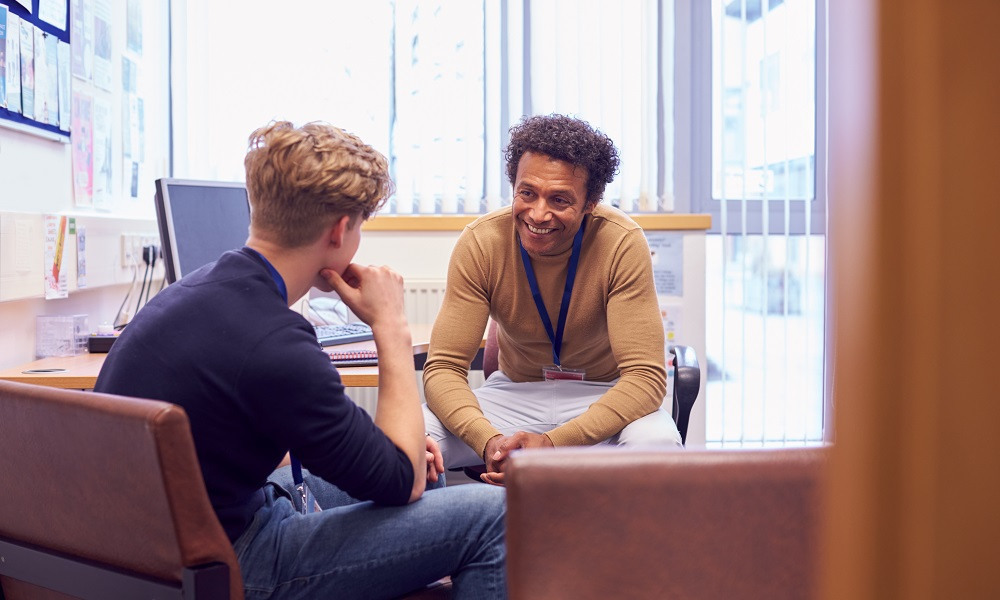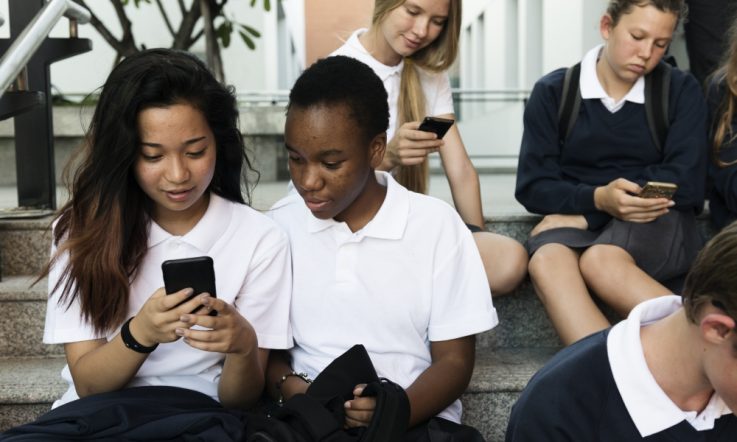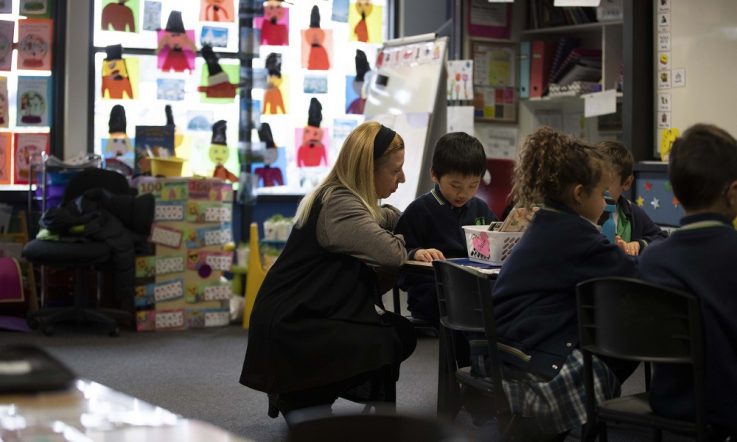Teachers in leadership positions across New South Wales are being invited to participate in a trial of an online mental health training program developed by the Black Dog Institute.
The trial training program, which is recruiting participants from July 2020 to February 2021, is known as BEAM (Building Educators' skills in Adolescent Mental health) and seeks to equip educators with more confidence to address students' mental health needs.
Research Program Manager at the Black Dog Institute and the current Chief Investigator for the BEAM project, Dr Belinda Parker, says BEAM came about after her team identified a gap in evidence-based training programs available to those teachers who are additionally responsible for student wellbeing.
‘There is an increasing expectation on schools to support student mental health, yet there isn't sufficient training to help them do so,' she tells Teacher.
‘The program is designed to increase their confidence to recognise changes in their students' behaviour or appearance and be able to start a conversation with them about how they are feeling. It develops that confidence to know the advice they are giving is best practice.'
Upskilling educators to support students' mental health
The BEAM training program runs for 10 weeks, is entirely online, and takes about 6.5 hours in total to complete. The training also includes peer-coaching activities where participants can discuss the content with other staff members in the school also taking part in the trial.
‘Over five specifically designed modules, educators will learn more about aspects of their role in students' wellbeing, such as the signs to look out for with mental health changes, how to have conversations with young people around mental health, and looking out for themselves through self-care,' Parker explains.
Last year, a pilot trial of the BEAM training program was undertaken with 70 educators holding Year Advisor positions in NSW.
‘Preliminary findings [from the pilot] tell us that BEAM users found it easy to understand and said they would recommend it to others,' Parker says. The findings also indicated that BEAM could be helpful in improving the participant's confidence when responding to student mental health needs, she adds. As well as this, teachers might help students more often, and BEAM could also reduce personal distress experienced by educators.
Evaluating the effectiveness of a program
This trial program will be conducted in a Randomised Controlled Trial (RCT) in order to best evaluate the effectiveness of the program.
‘While we'll be recruiting during that period [July 2020 to February 2021], we will be enrolling into the trial in waves, about a month apart,' Parker explains. ‘The first will start on 17 August, with educators registering during the week prior. It also means that all educators who would like to participate from the same school, need to enrol in the same wave to eliminate influence from one person to another.
‘Using a randomised controlled trial is one of the best and most rigorous ways to evaluate and examine a cause-effect relationship. Randomising participants enables us to reduce bias and influence from others also participating, and allows us to make inferences about the intervention we are looking at.'
Educators not based in NSW, but who are still interested in this trial program, can access the Black Dog Institute's free community program, called Navigating your teen's mental health. While this program is aimed mainly at parents, Parker says it is a beneficial resource for teachers, too.
Educators in NSW who would like to be part of this research can express their interest at the dedicated page on their website. If you have any other questions, Belinda Parker is able to be contacted at teachertraining@blackdog.org.au.
Dr Belinda Parker says ‘there is an increasing expectation on schools to support student mental health, yet there isn’t sufficient training to help them do so’.
As a school leader, do you have any programs in place to support teachers in this area? How confident are your staff in supporting students’ mental health? How frequently are they having conversations with students about their mental health?



